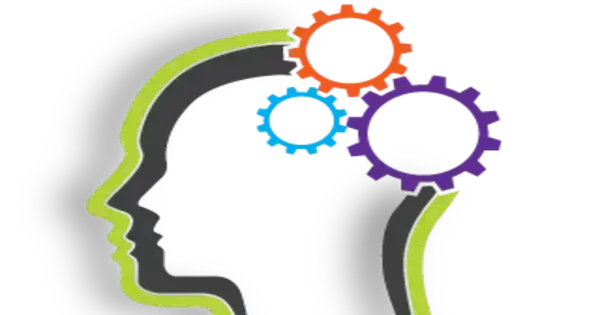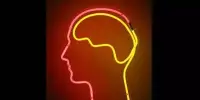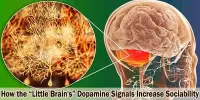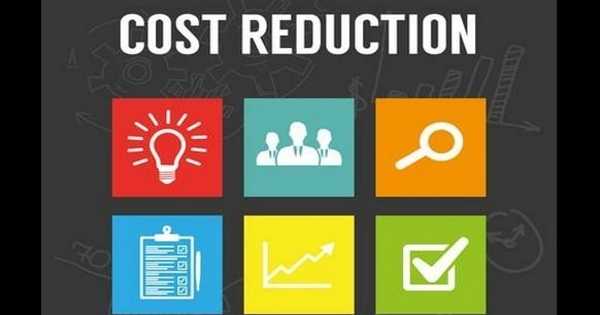Motor cognition refers to the cognitive processes that govern the planning, control, and execution of voluntary motions. The concept of motor cognition encompasses the idea that cognition is embodied in action and that the motor system participates in what is commonly referred to as mental processing, including that involved in social interactions. It includes a variety of cognitive characteristics related to motor behavior, including as perception, decision-making, attention, memory, and problem-solving.
The core unit of the motor cognition paradigm is action, which is defined as movements performed to achieve a specified motor purpose or in response to a meaningful occurrence in the physical and social surroundings.
Some key components of motor cognition include:
- Motor planning: This involves the formulation of strategies and action sequences to achieve a specific motor goal. It includes processes such as setting goals, selecting appropriate actions, and organizing the sequence of movements.
- Motor control: Motor control refers to the processes that regulate the execution of movements, including the coordination of muscles and the integration of sensory feedback to adjust ongoing movements.
- Action understanding: This involves the ability to interpret and understand the actions of others, as well as predicting their intentions and outcomes. Mirror neuron systems in the brain are thought to play a role in action understanding by mirroring observed actions as if they were internally generated.
- Embodied cognition: Embodied cognition emphasizes the role of the body and its interactions with the environment in shaping cognitive processes. Motor experiences and bodily sensations are integral to various cognitive functions, including perception, language, and problem-solving.
- Motor imagery: Motor imagery involves mentally simulating movements without physically performing them. It is thought to involve similar neural processes as actual motor execution and can be used for motor learning, rehabilitation, and performance enhancement.
Understanding motor cognition is critical in disciplines such as neurology, psychology, rehabilitation, sports science, and robotics. It sheds light on how the brain processes and controls movement, adding to our understanding of human behavior and cognition.
Motor cognition encompasses the preparation and execution of actions, as well as the processes involved in recognizing, predicting, replicating, and comprehending the conduct of others. In recent years, this paradigm has garnered significant attention and empirical support from a wide range of study fields, including embodied cognition, developmental psychology, cognitive neuroscience, and social psychology.
















